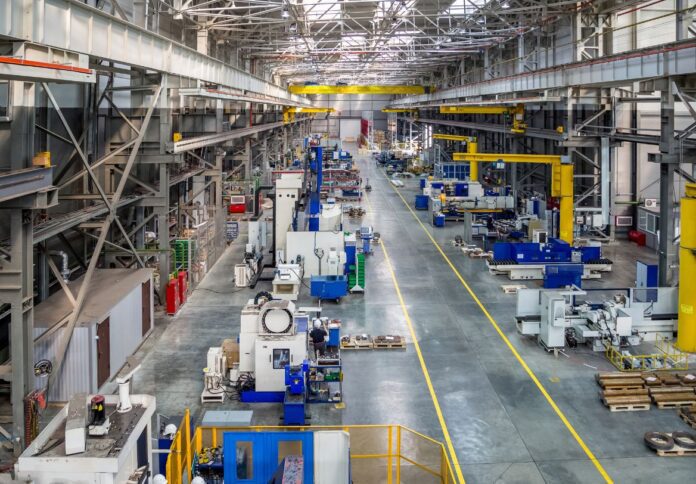
The Victorian Chamber of Commerce and Industry has raised alarm bells over a concerning 38 per cent drop in apprenticeship and traineeship commencements in the four months from July to October 2024, compared to the same period the previous year.
As an Apprentice Connect Provider, the Chamber reports the sharpest declines in key sectors such as carpentry and plumbing—trades critical for achieving housing targets and transitioning to a net-zero economy.
“The decline of apprenticeship starters from last year to now is significant and a massive concern,” said Paul Guerra, Chief Executive of the Victorian Chamber of Commerce and Industry.
“The skilled workforce crisis is here, and it must be addressed.”
The downward trend also extends to commercial cookery, retail, hospitality, hairdressing, and engineering fabrication apprenticeships—industries essential to Australia’s economic and social fabric.
Apprenticeships and traineeships remain a cornerstone for developing skilled and technical occupations, and the need for these workers has never been greater.
Australia’s $524 billion in planned infrastructure projects relies heavily on a robust workforce to meet its targets.
However, Victorian Chamber research indicates that financial burdens are deterring employers from hiring apprentices.
Many businesses report paying above-award wages, with nearly 40 per cent of surveyed members suggesting that incentives of $12,000 or more would be necessary to encourage them to take on apprentices.
To counter the decline, the Victorian Chamber has proposed a tiered incentive scheme tailored to the size of businesses:
- Small businesses: $15,000 per apprentice, distributed in structured payments, including an upfront sum of 35 per cent at commencement.
- Medium businesses: $10,000–$12,000 per apprentice with similar distribution.
- Large businesses: Targeted project-specific funding to support apprenticeships within their supply chains.
“The withdrawal of incentives to business to take on apprentices is impacting,” Guerra said.
“A $15,000 incentive for small businesses, and scaled support for medium and large businesses, will help secure the future of our workforce. These investments are not just necessary; they’re urgent.”


















